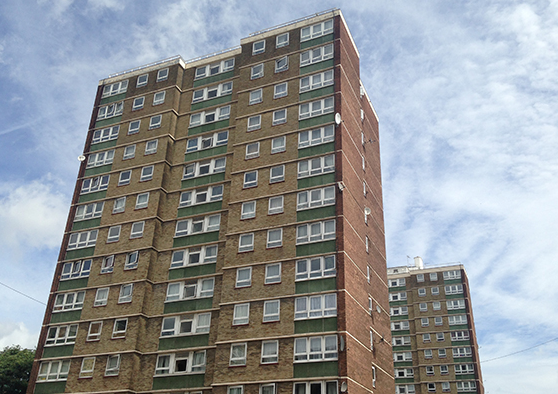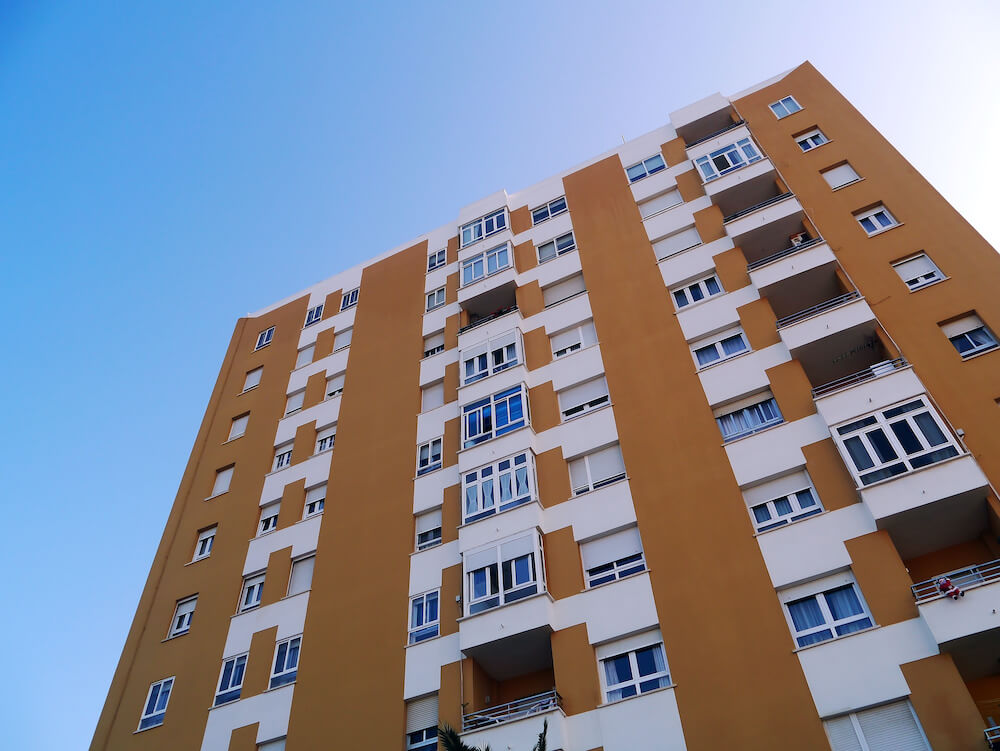The risks posed to fire safety in large blocks of high-rise flats is, in the wake of the Grenfell Tower disaster, tragically all too clear. But what about smaller blocks of flats? Is the same level of vigilance required and what are the duties of those tasked with responsibility for fire safety?
The Grenfell Tower inquiry led to tighter legislation around fire safety in buildings of multiple occupation and in 2022 information was published that set out guidance as it applied to the common parts of small blocks of flats (limited to 3 storeys) as well as the building’s structure, external walls and the doors between the flats and common parts. This includes premises with more than one storey, which has its own private exit, and within which there are no internal spaces used by more than one household, such as common hallways, landings and stairwells. In layman’s terms, these are known as maisonettes.

The guidance covers small blocks of flats that were constructed as a purpose-built block of flats; or were converted into a block of flats in accordance with the 1991, or later, versions of the Building Regulations.
As a person with responsibility for the building under fire safety legislation, you must:
- Carry out a fire risk assessment and document your findings.
- Ensure that adequate fire safety precautions are taken in the common parts.
- Maintain those fire safety precautions (keeping records of such maintenance is good practice)
- Engage with residents to ensure that they are aware of what to do in the event of fire, and that they understand the fire safety measures within the building.
- Co-operate with any other person who has duties under fire safety legislation to co-ordinate the fire safety measures for which each of you is responsible.
- Keep your fire risk assessment and fire safety precautions under regular review.
The guidance defines ‘a person with responsibility’ as social housing providers; private sector landlords; freeholders; resident management companies; right to manage companies and managing agents.
A fire risk assessment means a comprehensive inspection of all common areas to identify potential fire hazards, ensure that there are adequate measures to prevent fire starting and that there are adequate fire safety measures to keep residents and others on the premises safe from the risk of fire.
Fire hazards might include factors such as electrical equipment and wiring, which should be tested at least every five years; smoking (which is prohibited by law in common areas and should be advertised with prominent ‘No Smoking’ signs); the risk of arson (meaning that access doors must be secured properly to prevent unauthorised access, and fire doors that may no longer comply with current requirements or are in need of repair. The latter is a vital part of any fire risk assessment and should be checked very carefully to ensure the safety of residents in the event of a fire. A full list of requirements for fire risk assessments, plus other advice relating to small blocks of flats, can be found in this Government guide.

How do I learn more about fire door safety?
Since the Grenfell Tower disaster, ‘responsible persons’ have been urged to become fully compliant with all new legislation affecting fire safety in buildings. The best way to learn exactly what you need to do to be within the law is to take a training course with us. At Fire Doors Complete, we provide all the learning needed to enhance competency and ensure correct qualifications are achieved, in line with the standard that details exactly how fire doors should be installed and maintained.
Our training courses make fire door safety clear and comprehensive. They range from timber fire door installation training modules to inspection training modules, to name just a few, so no matter your requirements, we have you covered. You can access our full list of fire door training courses here.
Fire Doors Complete provides businesses and individuals with the skills and knowledge required to comply with UK fire door safety legislation. We also provide consultancy services for responsible persons that wish to use our services and for which perhaps our training courses are not appropriate. For more information about who we are and what we do, please visit our website or contact us on 07599 425388.
